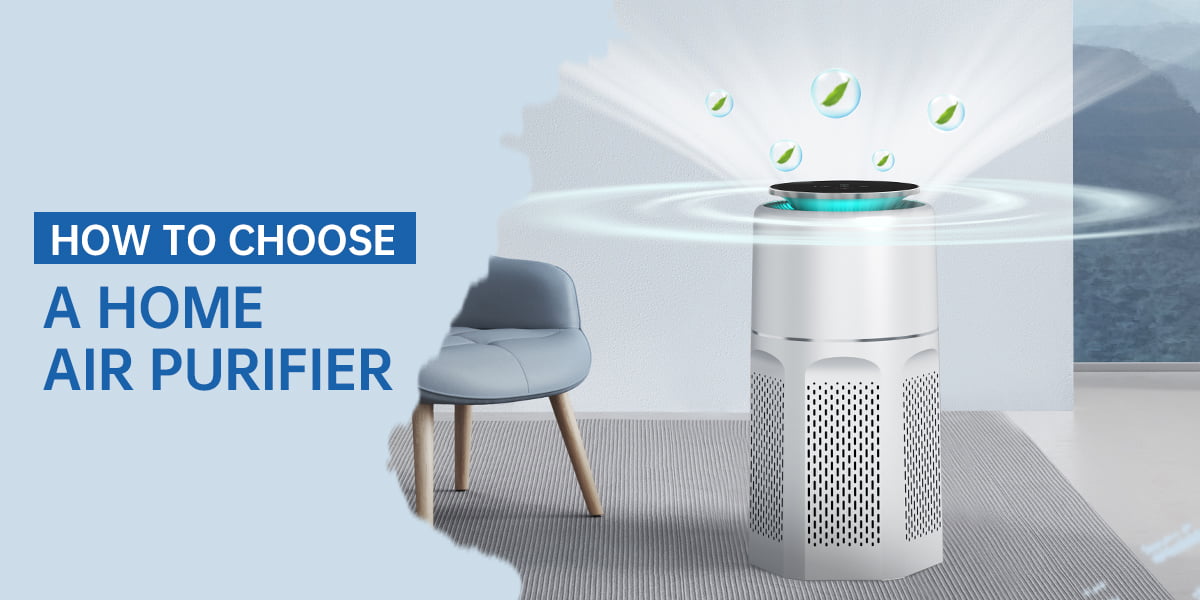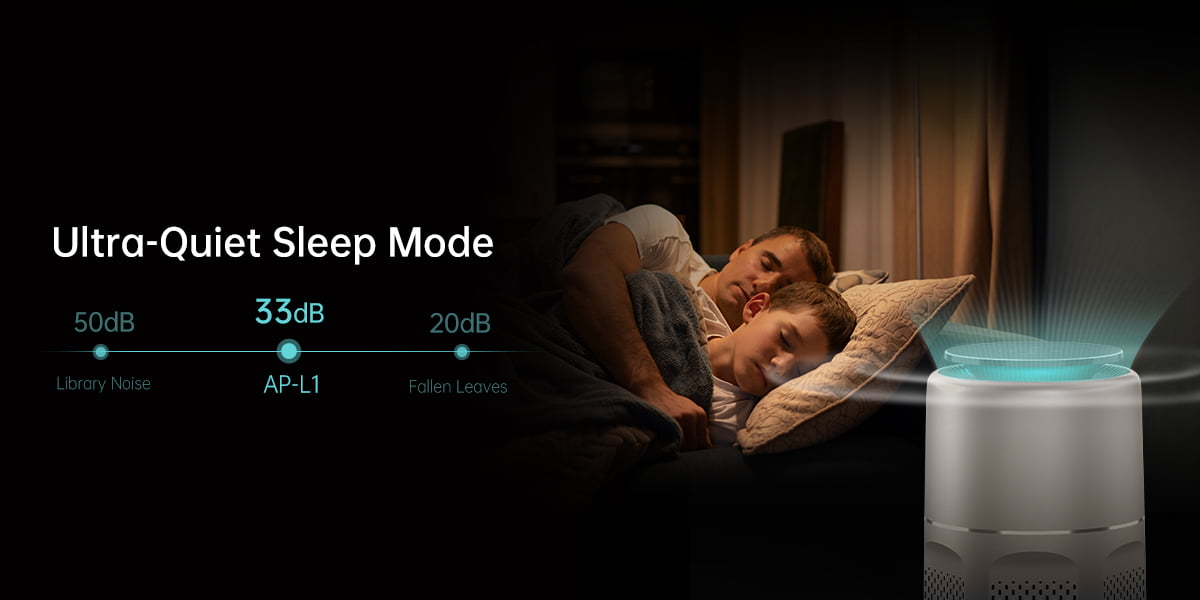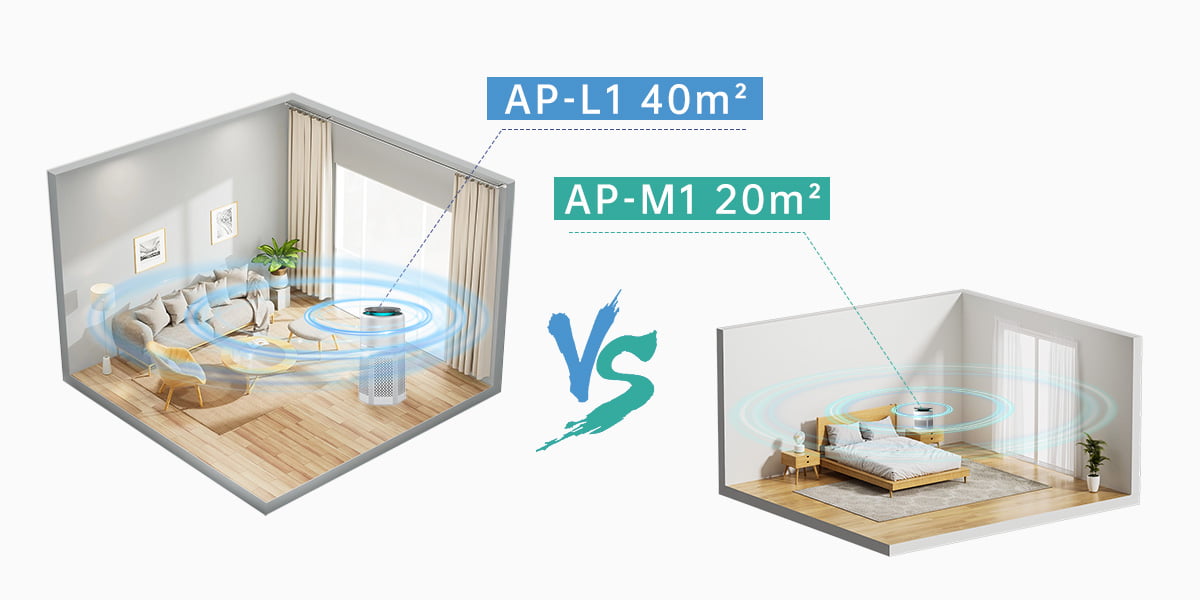How to Choose a Home Air Purifier?
What is an air purifier?
An air purifier is a device that helps to remove pollutants and other harmful particles from the air. It works by drawing air into the purifier and passing it through a filter or series of filters that trap pollutants. The filtered air is then released back into the room, creating a cleaner and healthier indoor environment.
Most air purifiers use a High-Efficiency Particulate Air (HEPA) filter, which is designed to remove particles as small as 0.3 microns from the air. This includes common indoor pollutants like dust, pollen, pet dander, and mold spores. Some air purifiers also use activated carbon filters, which can help remove odors and volatile organic compounds (VOCs) from the air.
Air purifiers come in various sizes and designs, from small portable units that can be placed on a tabletop to larger units that can purify the air in an entire room or even a whole house. Some air purifiers also have additional features, such as ionizers or UV-C lights, which can help to further reduce the concentration of pollutants in the air.
Overall, air purifiers can be a useful tool for improving indoor air quality and reducing the risk of respiratory problems and other health issues caused by indoor air pollution.

How to choose a home air purifier?
Choosing a home air purifier can be a challenging task, and you need to conduct some reseach before purchaing. Here are some factors to consider when making your decision:
1.Room size: The size of your room will determine the size and capacity of the air purifier you need. Measure the square feet of the room and select an air purifier with a matching purification capacity.
2.Type of filter: Air purifiers use different types of filters to remove pollutants from the air. HEPA filters are the most common and effective type of filter, but there are also other types of filters, such as photocatalyst filters, activated carbon filters, UVC lights, and ionizers. Consider which type of filter is most suitable for your needs.
3.Noise level: Air purifiers can be noisy, so consider the noise level of the air purifier you are considering. It is best to look for models with low decibel ratings or noise-reducing features.

4.Maintenance: Consider the maintenance requirements of the air purifier, such as filter replacement and cleaning. Choose a model that is easy to maintain and has replacement filters readily available.
5.Price: Air purifiers can range in price from under $50 to several hundred dollars. Consider your budget when choosing an air purifier, but keep in mind that a higher price does not always guarantee better performance.
Additional features: Some air purifiers come with additional features, such as air quality sensors, automatic shut-off, child lock, and remote control. Consider which features are important to you and choose a model that has those features.
By considering these factors, you can choose an air purifier that is best suits your needs and budget.




